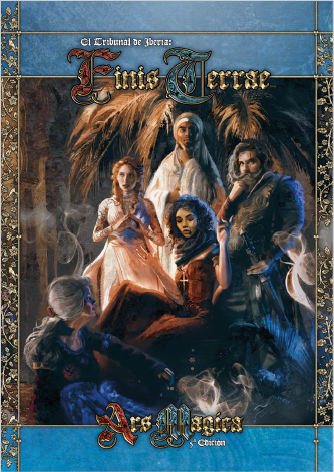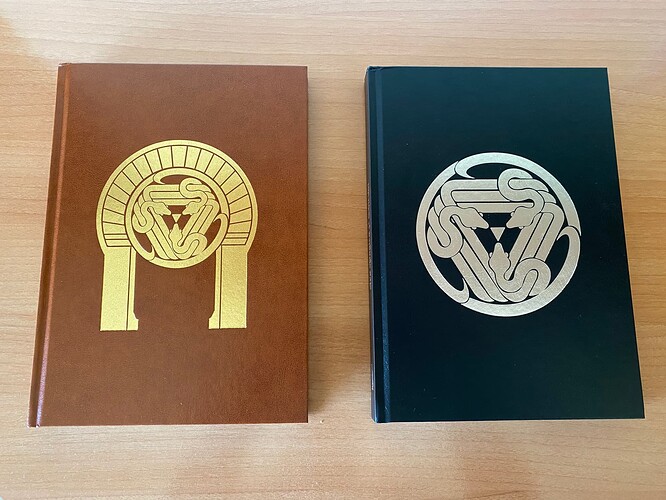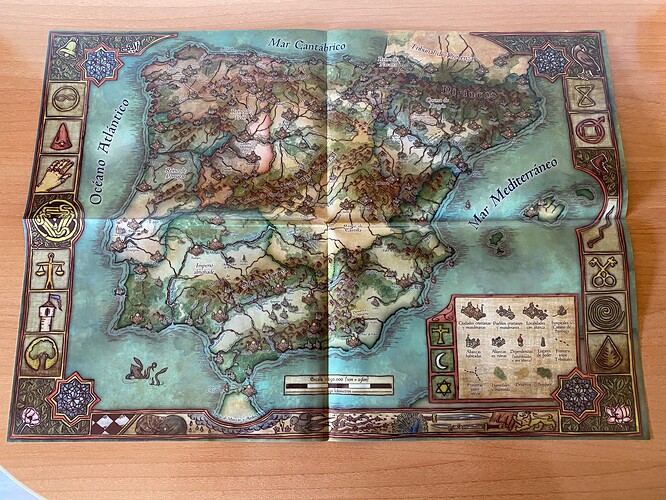After giving it a quick reading, I will admit that the results aren't so exciting for me. I will post my problems so I can see if I'm not alone or maybe I missunderstand something.
1° Why is there a focus on Covenants over mundane information? At least 2/3 of the books [by number of pages] is Covenants, but no exploration of the different kingdoms and important cities [only one sidebar about sevilla, but not about Valladolid for example]. I can create Covenants all day with the rules on, well, Covenants, but studying islamic mixture or the culture or conflicts of the five kingdom division of Iberia is more hard for me.
2° I'm the only one that feel that the Astral Sorcerers are very off? They have a Gift that is a Major Virtue, not a Special one [like the Gift proper or Mythic Blood]. They have their own table of Realm Interaction. They also suffer Twillight when we have a lot of examples [Hedge Magic, Rival Magic and hedge traditions on other tribunals and Realms of Power] that different traditions suffer other forms of Warping interaction [and with all their divine alignment, they could suffer Ascendancy as RoP:D]. Even with all this, they are very weak for a Major Supernatural Virtue.
3° I feel the book give a lot of space on translating rules from Arts & Academe or others books. I understand this are rules that weren't translated to spanish yet, but what will happen if they are translated? That space could be used to explain the kingdoms on more detail.
3.1° Also, there is a missed opportunity with Tyaqi and Riadiin for creating original versions of Mythic Alchemy [Hedge Magic 81] for Inceptions and Theriacs, but instead we have only a x2 as a Major Virtue.
3.2° In that same vein, why the Tyaqi virtue is General? If it isn't supernatural, and is something someone can mundanely learn, it don't need to be a Virtue. It being a general non-supernatural virtue is very weird on how General Virtues are portrayed, and you need a Initiation to learn it, why?
In general I find the book is high quality on work [the art is amazing, the book is well organized, there are interesting hooks like the Atomist Magic Theory -without guidelines-], but very shallow on real content that needs a Tribunal Book.
If I take the Provencal Tribunal book, for example, and I go to the Chapter Four: County of Touluse I have six pages about their mundane problems, culture and a description of the people in the most important city -Tolouse itself-. And with a Chapter on a entire County.
In exchange, if I go to any of the Kingdoms on Iberia Tribunal, I have 1/4 of the page on a description on the geographical distribution of the Kingdom... and that is all. What companions can I have in this Tribunal? What mundane problems can arise on the cities? Are all the important people on Iberia magi? There aren't destacable companions or covenfolk [at least, on book importance], only magi and supernatural creatures.
I wait the book with a lot of hope, and when I start reading and there was a sidebar about how Valladolid has the most important fair I was excited to do a adventure on a castellan fair... but then I see how Valladolid is not even described anywhere, and is only mentioned 4 times on the entire book, the mos important fair.
That are my opinions.


